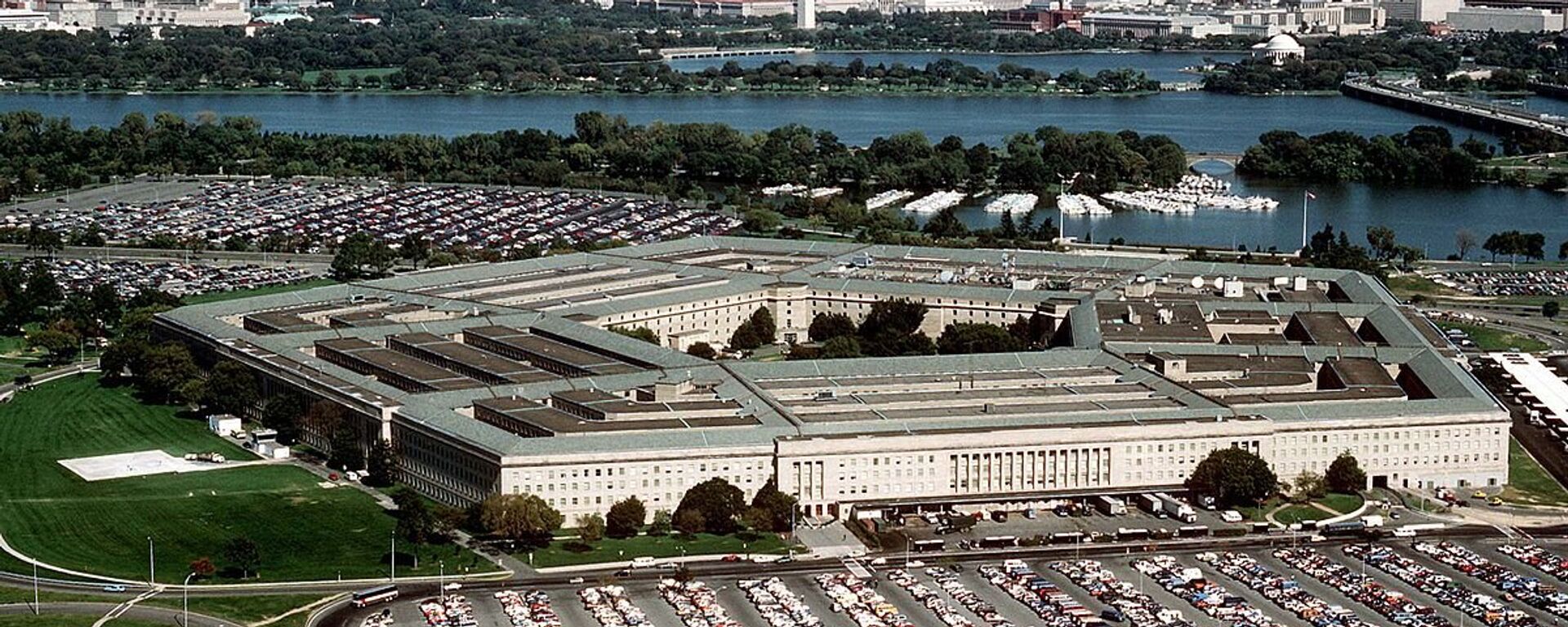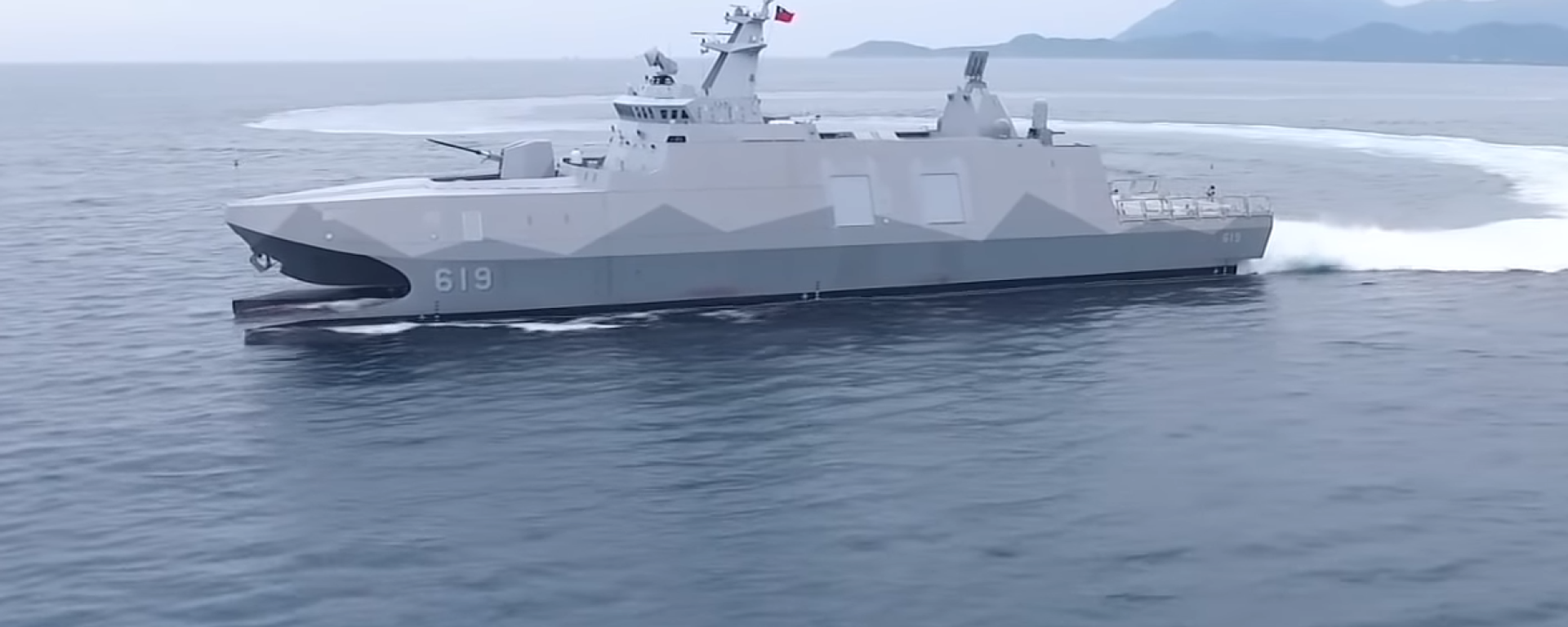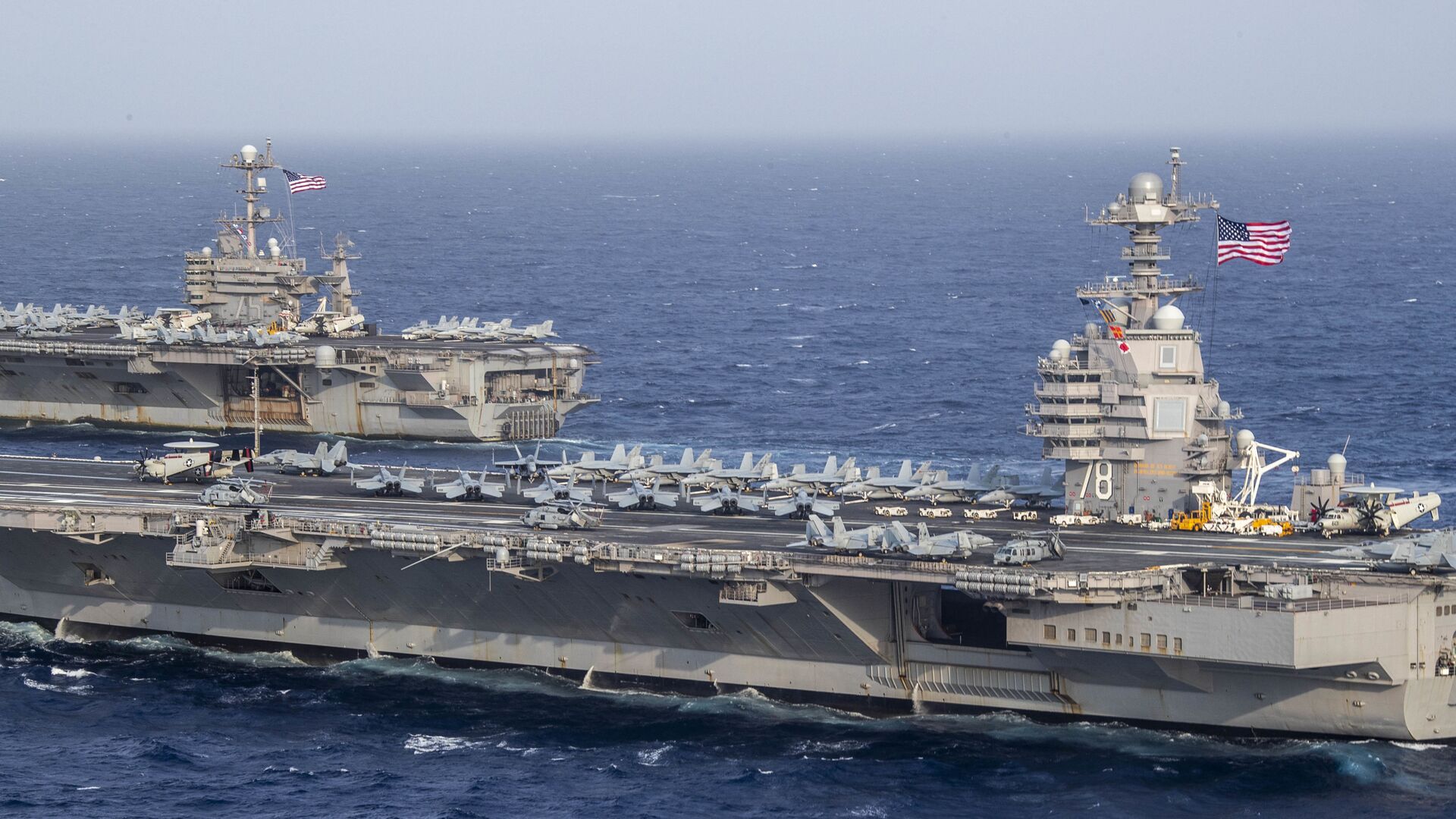‘Dual Containment’ of Moscow, Beijing is ‘Mission: Impossible’ for Washington, Taiwan Expert Says
18:52 GMT 31.01.2023 (Updated: 12:45 GMT 19.06.2023)
Subscribe
Although the US has identified “great power competition” with Russia and China as its new strategic orientation, Washington has struggled to build even regional alliances against them outside of NATO. It’s no coincidence, then, that NATO is seeking to make partners out of US allies in East Asia.
Dr. Chang Ching, military expert on the People's Liberation Army and regional security and senior research fellow of the Taiwan-based Society for Strategic Studies, told Sputnik that while many commentators have accused Washington of having a “dual containment” strategy against Moscow and Beijing, based on their “very strong disagreements,” Washington simply doesn’t have the global clout to isolate such strong and powerful countries.
“Both Russia and China are global players in international politics and economic affairs. If the Biden administration has an aspiration to contain either Russia or China, the United States needs to forge a global consensus to mobilize an effort to contain any of these two countries on a worldwide scale,” Chang said. “As for now, it is simply a ‘mission: impossible’ to consolidate most countries to take any negative measures towards Moscow or Beijing. Only certain Western states have joined the collective actions to hinder the freedom of actions acted by Moscow or Beijing.”
“Even many of the US' traditional allies like the Philippines would have strong reluctances to take coordinated actions against Russia and China. No nation would like to take sides unconditionally nowadays. It all depends on how much Washington can commit to the alliance relationships. There is no free lunch for Americans to take from the dining tables of other countries any more. After all, the general rule of give and take is always valid in international politics,” Chang noted.
Indeed, this is no small part of why NATO defines China as a “systemic challenge” rather than using the more hostile word “threat.”

27 October 2022, 19:57 GMT
“To treat the People's Republic of China as a ‘threat’ is openly expressing hostility towards Beijing. China has explicitly reminded Japan that labeling China as a threat is equal to delivering an ultimatum of hostility to Beijing. The NATO therefore is extremely cautious on selecting terms to define Beijing. And the final descriptive term is the ‘systemic challenge,” he explained.
He noted that Seoul had “very skillfully declined” a request by NATO Secretary-General Jen Stoltenberg “to make any promise of committing itself to any effort causing negative consequences towards China.”
“Seoul is crystal clear about the stability of the Korean Peninsula and deeply relies on Beijing’s support. If the NATO leadership failed to see the role Moscow and Beijing had ever actively played to stabilize the Korean Peninsula, then NATO is not well prepared to engage with the security matters in the Asian-Pacific region yet,” Chang observed.
Turning to the recently leaked memo by US Gen. Mike Minihan, the head of US Air Force Mobility Command, which called for the US to prepare for war with China over Taiwan as early as 2025, Chang noted that the theater is far from Minihan’s area of responsibility and his comments don’t count for much.

10 January 2023, 04:04 GMT
“A memorandum issued by the military leadership to his subordinate commanders does not actually activate any military planning process, but only a prior notice to remind certain concern,” Chang explained. “This is exactly the reason why the Pentagon confirmed the existence of this memorandum but clarified that it does not reflect any official position regarding policy.”
“Second, no military professional leadership would have a crystal ball to foresee the future. Armed conflict may occur beyond anyone’s expectation or even imagination. This leaked information may stimulate many political speculations. Nonetheless, given General Minihan’s position within the US military chain of command, its importance is obviously overstated.”
Picking up the crystal ball for a moment himself, Chang noted that even the uppermost echelons of the US defense and national security apparatus don’t believe Beijing has any plans to initiate hostile action against Taiwan in the near future.

31 January 2023, 17:30 GMT
“They repeatedly addressed the fact that Beijing has still tried its greatest efforts on the ‘peaceful reunification’ policy, though it still declines to promise not using force if necessary,” he noted. And obviously, Beijing is seriously preparing [for] a war it does not intend to fight.”
“So, I do share the same conclusion with them. The pressure does exist. The tension also needs to be well managed. Yet, the hope of peace always exists. If there is a conflict across the Taiwan Strait, there is no winner, we are all losers then. Beijing knows that, Washington also knows that. Only those people who have a plot or even a conspiracy to drag Beijing down and weaken Washington through a war attrition are expecting a cross-strait conflict.”


